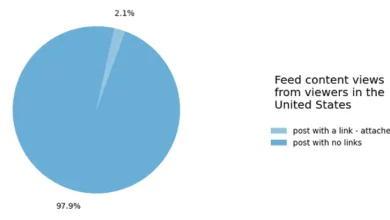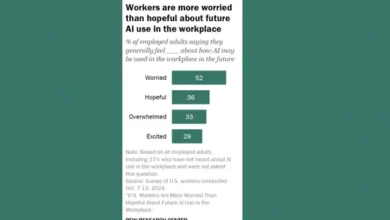
Snapchat has joined OpenAI, Google and many more in pledging to the EU’s new AI Pact, which is a pre-emptive commitment to align with coming European regulations relating to the development of AI projects.
That next stage of which will be the full implementation of the EU’s AI Act, a legal framework for the development of AI projects, which enshrines clear parameters around transparency, data usage, security, etc. That’s expected to come into effect from August 2026.
EU officials are still finalizing the details of its rules around AI development, and with that in mind, it’s called on companies to sign on to show their commitment to upholding development best practices.
The AI Pact calls on developers to commit to three core actions:
- Adopting an AI governance strategy to foster the uptake of AI in the organization and work towards future compliance with the AI Act
- Identifying and mapping AI systems likely to be categorized as high-risk under the AI Act
- Promoting AI awareness and literacy among staff, ensuring ethical and responsible AI development
Snap says that it’s signed on to the AI Act because its “values and ongoing efforts are fundamentally aligned with the objective of the AI Act to support the development of trustworthy AI.”
“We look forward to the opportunity to further improve Snap’s AI governance work and collaborate with the European Commission, and in particular the AI Office, as well as the rest of the tech sector and other stakeholders, on the implementation of the AI Act. We welcome steps to help build trust in AI and other emerging, innovative technologies.”
Most AI developers have now signed up to the pledge, with a couple of notable exceptions.
Meta hasn’t agreed to the AI Pact as yet, neither has Apple, while xAI is also not included on the current list of signatories. Meta has said that it’s focused on meeting the coming regulatory requirements of the AI Act, but it’s not looking to sign onto the pledge at this stage.
It’s not clear whether that will have any longer-term impacts, but it does suggest a level of disagreement over the best way forward for AI development.
Snap, however, which is on the lower-risk end of the scale for AI projects, is looking to show its support for the EU’s rules on AI, and it’ll be interesting to see if and how others come into the fold ahead of the 2026 implementation.
Source link




